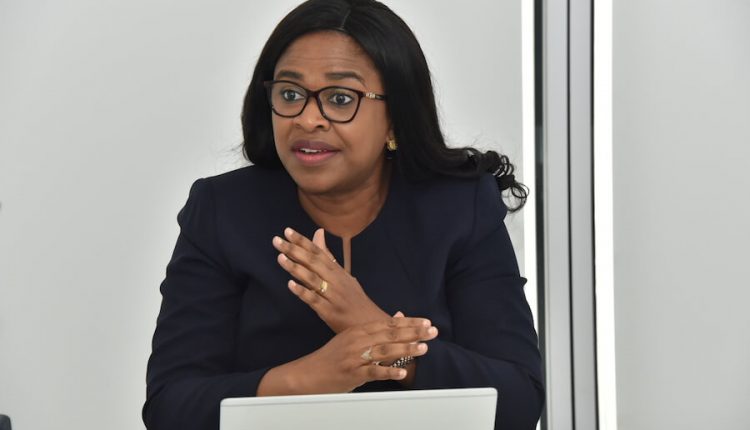Lynda Madu is the Associate Director of Corporate Services and Development for Nestoil Group. She started her career as a consultant in the late 90s with Arthur Andersen, which later became Andersen and then KPMG.
During an interview with WomenAfrica, she spoke about women experiences;
“I would say for as long as I have been a woman, of course, as we get older and more mature, we get more and more conscious of it. It is something I am very passionate about. I have four daughters, and perhaps that even makes it more of a passion for me. Some of the challenges are quite evident in the corporate world, coupled with cultural issues and societal pressures.
And I know for sure that it is not just a Nigerian or African issue, it is a global one;
I have read several books and articles on it and have also related with other citizens from across the globe, especially women, that confirm this. So, as you get into it, it is right in your face; you have discussions with people and can relate with the issues, and therefore, you are encouraged to make your own contribution at whatever level, particularly if you think you have the opportunity to do that.”
Sharing her view on feminism, she said; “Feminism, for me, simply means that you recognize and treat me as a person, first. Consider my work purely on its own merit and based on my results and the quality of my output. As a woman, it is a quest for fairness, even if we know the world is not necessarily a fair place.
You are probably right to say issues about feminism could be controversial but that is because sometimes people, including women, subconsciously have their own idea of where the woman should be, and so see feminism as a threat to that ideology.
I do not think that women are asking for any special favours or such. Women are simply saying, see them first as human beings, judge their work based on quality and not gender. As women, they are entitled to their human rights.
We are saying ‘remove the biases and judge my work especially in the corporate environment based on its merits, and please do not deprive me of my rights, just because I am a woman’.
It is a work in progress. We may not be where we want to be yet, but the awareness is being created and people and corporations are taking necessary actions. There are still a lot of required interventions: at the global level,at national levels; and even within organizations in Nigeria and everywhere for that matter.
It is reflected even in the way certain organisations now hire. They know the benefits of gender balance and personally when I have to make the choice and all things being equal, I am more likely to select a qualified (quality cannot be compromised) woman over an equally qualified man. And that is because several studies have been done on the impact of women in management and business.
McKinsey, in a recent one (study) showed a clear correlation between gender equality and an increase in GDP. Countries like Japan are, therefore, beginning to make deliberate efforts to fix gender inequality knowing the value that brings to the economy.
Some other countries and organisations insist on gender quotas, both in management and Boards. Even in Africa, Rwanda is doing very well in that regard, ranking in the top 5 countries for gender equality. South Africa also has a very good representation of women in government and in their parliament. There is great value in gender balance. And by that I do not mean equal, absolute, numbers like 50-50; no. That would be unrealistic in many places.
Click her for full article

Comments are closed.